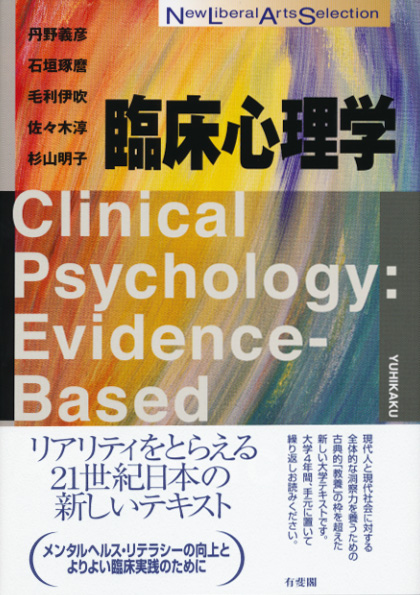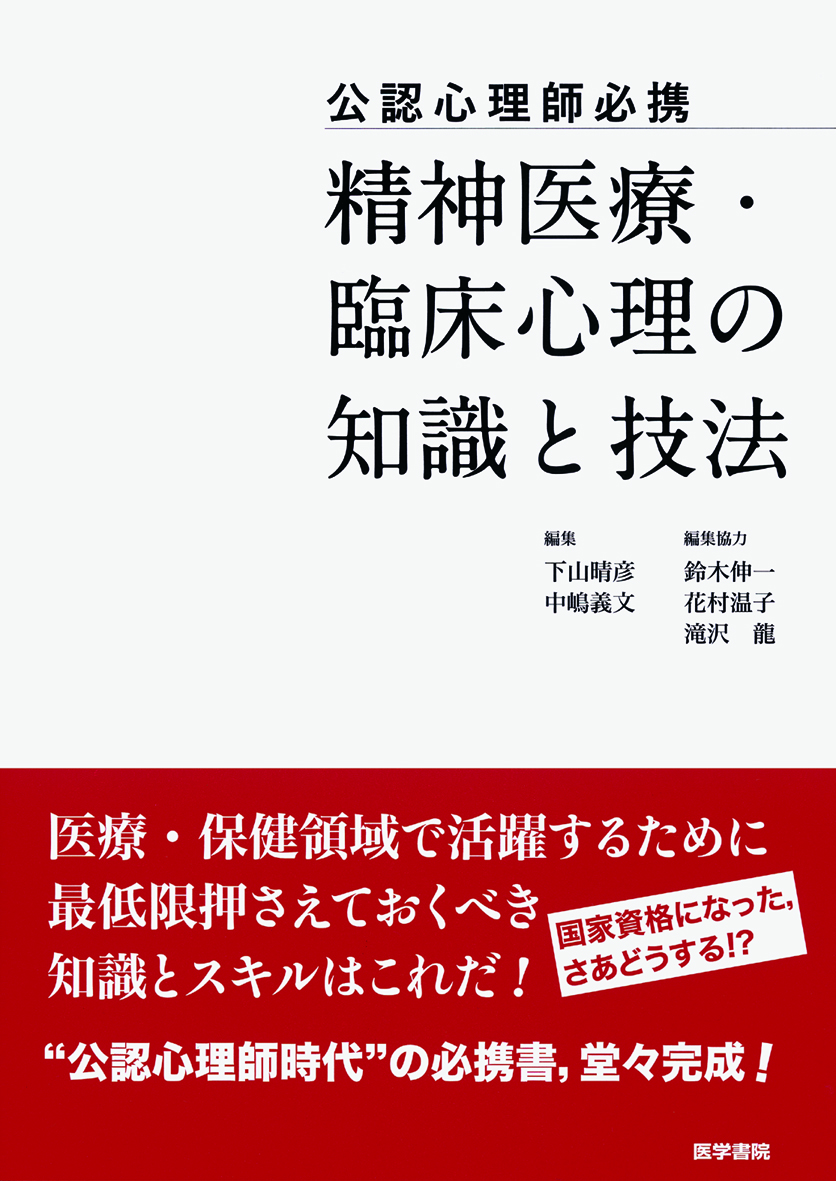
Title
Effect of name change of schizophrenia on mass media between 1985 and 2013 in Japan: a text data mining analysis (Schizopherenia Bulletin, Volume 42, Issue 3)
Size
8 pages (pages: 552-559)
Language
English
Released
May, 2016
ISSN
0586-7614
Published by
Oxford Journals
Book Info
Japanese Page
Mass media such as newspapers and TV news affect mental health-related stigma. Previous studies both in Japan and abroad have suggested that that common association of schizophrenia with crime in many articles in the mass media is one contributing factor to discrimination and stigmatization of schizophrenia. The medical term for schizophrenia in Japan was changed in 2002 from “seishin-bunretsu-byō” (mind-split disease) to “tōgō-shitchō-shō” (integration disorder) with the aim of reducing stigma attached to the condition. However, there have been no comprehensive studies exploring the impact of the name change on mass media portrayal of schizophrenia.
Therefore, we tested the articles including old and new names of schizophrenia, depressive disorder, and diabetes mellitus (DM) in headlines and/or text were extracted from 23,169,092 articles in 4 major Japanese newspapers and 1 TV news program (1985–2013). The trajectory of the number of articles including each term was determined across years. Then, all text in news headlines was segmented as per part-of-speech level using text data mining. Segmented words were classified into 6 categories and in each category of extracted words by target term and period were also tested.
The results showed that 51,789 and 1,106 articles including target terms in newspaper articles and TV news segments were obtained, respectively. The number of articles including the target terms increased across years. Relative increase was observed in the articles published on schizophrenia since 2003 compared with those on DM and between 2000 and 2005 compared with those on depressive disorder. Word tendency used in headlines was equivalent before and after 2002 for the articles including each target term. Articles for schizophrenia contained more negative words than depressive disorder and DM (31.5%, 16.0%, and 8.2%, respectively).
The results suggest that name change of schizophrenia had a limited effect on the articles published and little effect on its contents. Researches in criminology have suggested that crimes are related to socio-economic background (poverty), family adversity (parental divorce and maltreatment), and alcohol and illegal substance abuse more than mental illnesses such as schizophrenia. Therefore, mass media reports for criminal and violent cases should be discussed taking into account other factors to allow a more nuanced debate, not be simplistically related to mental illness.
(Written by Shinsuke Koike, Associate Professor, Graduate School of Arts and Sciences / 2017)



 Find a book
Find a book


 eBook
eBook
